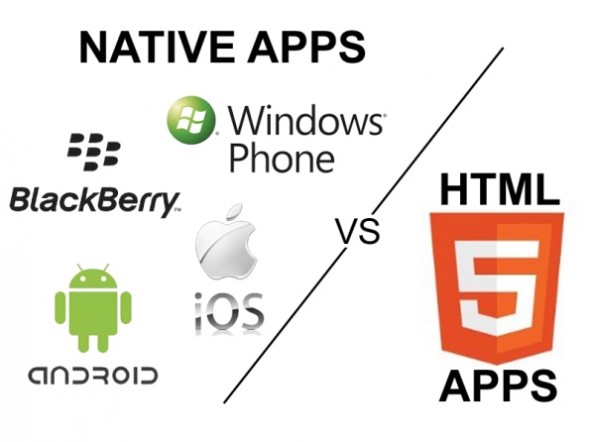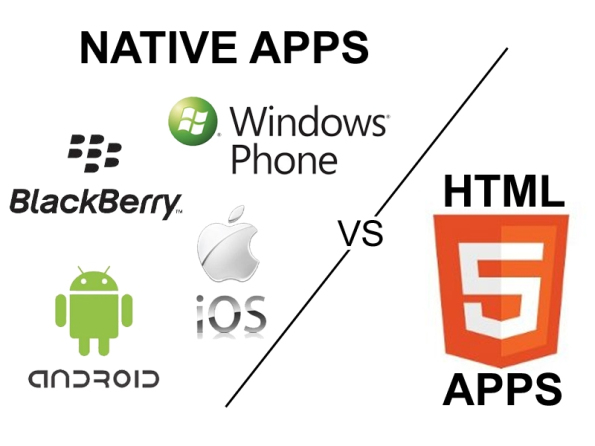
The rise of smartphones has meant that more and more companies and websites are looking for a mobile presence. The question is, however, do you need an app for all the major mobile platforms (iOS, Android, Windows Phone, and BB10), or can you make use of a dedicated mobile-friendly website?
Building and maintaining a dedicated app for each platform can be expensive, even with the various DIY app builders that work with the most common content management systems such as WordPress and Drupal. Cost is one area when building mobile websites certainly has its advantages – making use of web technologies that are universal to all platforms means your site can look great on all mobiles for a fraction of the cost.
The downside of mobile websites and mobile-friendly themes, however, is that whilst they may look and work in a universal manner, that does mean that they may not look or work quite as quickly as dedicated platform-specific apps. Some companies such as the Financial Times have built a pure HTML mobile site that works perfectly across all platforms in order to remove the middle-man of Apple and Google in their subscription charges, but apps this good often take as long to develop as taking the platform-specific route.
Whilst HTML5 universal web apps are the ideal, one thing they always lack is that they are not available in the relevant app stores which tend to be where downloads of the apps are driven from. If your app is highlighted as an editor’s pick on the iTunes store for example, then downloads and use of the app can rocket. When you use only an HTML5 web app, then you lose this platform-specific promotion.
As it stands, for most publishers the question of cost means that web apps are gaining popularity and rightly so – and hopefully in the coming months and years their functionality will catch up with the iPhone and Android apps with which they compete.

